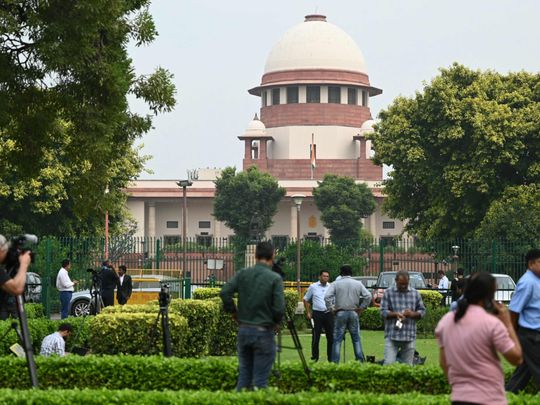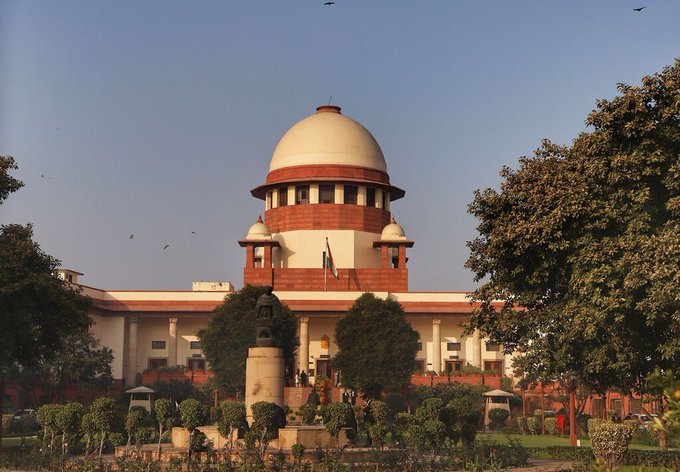India’s Supreme Court Strikes Down Controversial Electoral Bond System Ahead of National Elections
India’s Supreme Court has invalidated the country’s seven-year-old electoral bond system, a funding mechanism allowing individuals and companies to donate unlimited funds to political parties anonymously. The ruling, delivered by a five-judge bench, declared the scheme “unconstitutional” and a violation of citizens’ right to information, dealing a blow to Prime Minister Narendra Modi’s ruling Bharatiya Janata Party (BJP), the primary beneficiary of the system.

The electoral bond system, introduced by the BJP in 2017, aimed to enhance transparency in political funding but faced criticism for making the process more opaque. The Supreme Court’s decision comes just months ahead of national elections expected in April, raising questions about the impact on campaign financing dynamics.
The court ordered the government-owned State Bank of India (SBI) to immediately cease issuing electoral bonds, furnish identity details of bond purchasers, and disclose information about bonds redeemed by each political party. The decision aligns with critics’ arguments that the system allowed for large anonymous donations, hindering transparency and accountability.
Between 2018 and 2023, the controversial electoral bond system facilitated anonymous donations totaling over $1.9 billion, with nearly 57% going to the BJP and only 10% to the opposition Congress party. This data fueled concerns about the disproportionate advantage enjoyed by the ruling party and highlighted the need for electoral reforms.
The court’s ruling reinstates corporate donation limits, emphasizing the “manifestly arbitrary” treatment of companies and individuals in political contributions. Chief Justice of India DY Chandrachud underscored the importance of transparency, stating that “Political contributions give a seat at the table to the contributor… this access also translates into influence over policymaking.”
Critics argued that the electoral bond system allowed for undue influence and potential quid pro quo arrangements, while supporters contended it made political funding more traceable and transparent. The court’s decision is seen as a significant development in the ongoing debate about the balance between political funding transparency and the protection of donor identities.
Jagdeep Chhokar, representing the transparency watchdog Association for Democratic Reforms (ADR) and a lead petitioner in the case, expressed relief, stating that the ruling would help end political “mischief” and eliminate an “extra layer of opacity” in the electoral process.
The court’s directive to the SBI to disclose identity details of bond purchasers addresses concerns about potential government access to donor data. While the donors were technically anonymous, the state-owned bank maintained records of both donors and recipients, raising fears of misuse of information for political influence.
The decision is anticipated to have a significant impact on the upcoming general elections, as political parties will no longer benefit from the anonymity afforded by electoral bonds. The court emphasized the citizens’ right to access information, stating that transparency is crucial for informed electoral choices in a participatory democracy.









Wow, incredible blog structure! How lengthy have you ever been running a blog for?
you make blogging glance easy. The whole look of your website is excellent, as
well as the content! You can see similar: najlepszy sklep
and here sklep online